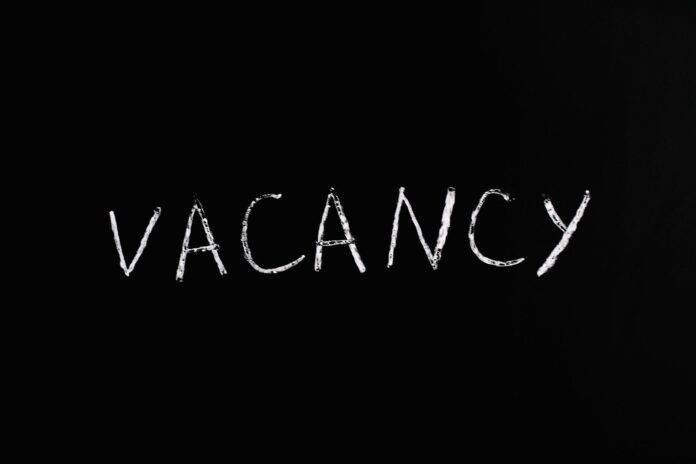Technology has created a transformational impact in several industries over the last few years and changed their functional competencies for the better. Functional areas within organisations such as sales, finance and marketing have undergone radical structural changes with the advent of emerging technologies like Artificial Intelligence (AI) and Machine Learning (ML).
The role of Human Resources (HR) within an organisational setup has undergone a radical shift with the integration of these digital technologies. Far from performing template-driven back-office functions not so long ago, HR departments in companies are fast emerging as critical enablers in driving businesses on a higher growth trajectory by influencing the most crucial element in any organisation: the employees.
The application of Artificial Intelligence algorithms in core HR processes has led to this change and equipped contemporary HR departments to move beyond their conventional roles of merely screening and hiring candidates. Contrary to perceived public opinion, large-scale adoption of Artificial Intelligence into HR practices also holds the potential to enhance human contact in HR rather than rendering it obsolete.
Technologies such as Artificial Intelligence are acting as facilitators for HR departments of companies to formulate smart recruitment and hiring strategies. Harnessing the power of Artificial Intelligence, HR recruitment software can perform the crucial function of identifying employee skills and matching those skill sets with job roles. It can go a long way in plugging the skill gaps in the organisation and positioning each employee as a valuable asset capable of achieving actionable outcomes in alignment with organisational goals and objectives.
As organisations expand their operational footprint on a global level, they need to implement recruitment policies capable of recruiting diverse workforces in an efficient manner. Artificial Intelligence-based interactive gamified assessments help companies to screen potential talent and understand whether the candidates have the cognitive abilities and aptitudes to carry out job roles assigned to them.
HR departments are also placing a clear focus on making screening processes seamless through the use of Artificial Intelligence-based chat-bots. The onus is also on leveraging smart technology tools to improve candidate experience from the time they are screened to the time they are recruited.
The competencies and efficiencies of HR in any organisation are severely constrained on account of carrying out repetitive and low-value time-consuming tasks. Artificial Intelligence can play the crucial role of a change agent by taking over iterative tasks like collection of data, leave form processing and compliance processing. With the deployment of Artificial Intelligence in taking care of repetitive procedures, HR personnel have more quality time at their disposal to undertake key initiatives for the betterment of the organisation.
Apart from substantially reducing HR expenditure on everyday administrative tasks, automation through Artificial Intelligence also allows HR departments to increasingly focus on fostering employee well-being and welfare, mentoring and guiding employees to achieve organisational goals and constantly motivating them to optimise their workplace performance.
As corporate ecosystems become more complex and disruptions impact workplace dynamics, HR departments need to invest in the re-skilling and up-skilling of employees. Artificial Intelligence can play a pivotal role in the development of learning curriculums and training programmes for improving the work skills of employees.
Artificial Intelligence-infused corporate training courses vastly shorten the duration of the learning curve by focusing only on personalised content suited for the learner, thus helping them to maximise their efficiencies. Employees who are trained and motivated feel more valued and engaged and identify themselves as stakeholders in the growth and expansion of the organisation. Artificial Intelligence also allows organisations to make more efficient and data-driven decisions.
The global corporate environment is becoming highly competitive. Companies need to fast realise the fact that if they aim to maintain the requisite competitive edge in this highly volatile environment, implementing an Artificial Intelligence-driven HR tech framework is inevitable.



















